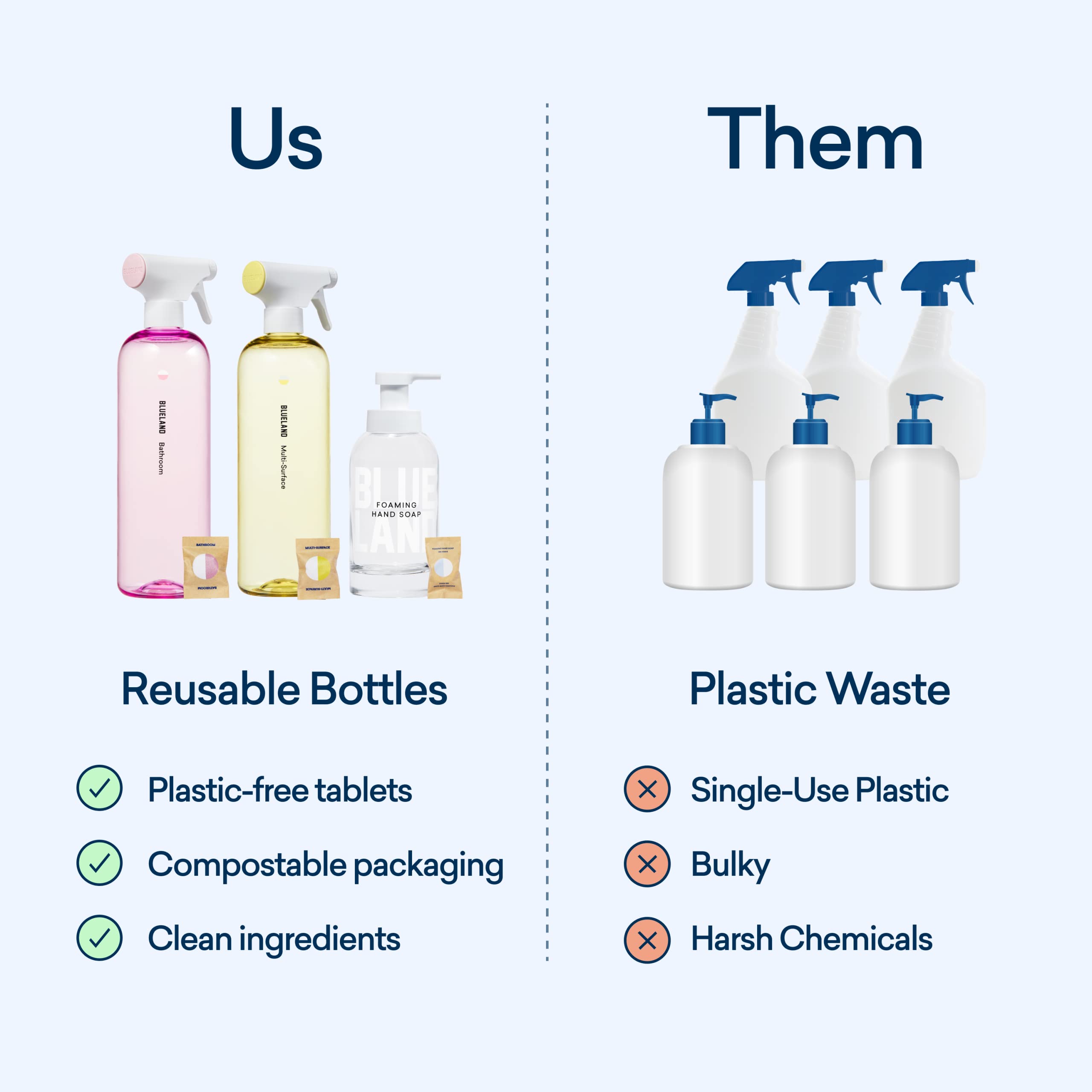
Blog
AI blends your marketing claims with technical specs to answer consumer questions. Control your brand narrative before AI tells your story for you.
.avif)
When launching a new product, you carefully craft its story: the messaging, the visuals, the positioning. But in today's AI-driven world, your product's story is increasingly being told through what Pete Blackshaw calls "the blended brand truth"—a smoothie-like mix of information that AI serves to potential customers.
In his article "Why Brands Must Improve How They Answer Consumer Questions in the AI Era," Blackshaw introduces a powerful concept: the "Prompted Moment of Truth," which is that critical instant when a consumer asks an AI for information about your product.
What makes this moment so pivotal is that AI doesn't distinguish between your marketing claims, technical specifications, customer reviews, and third-party assessments. Instead, it creates a single "blended" answer that influences consumer decisions.
This reality is backed by compelling data: according to recent research, Google processes over 14 billion searches daily—a 22% increase from 2024. Meanwhile, a Semrush study of 10,000 informational keywords found that AI-generated summaries significantly impact click-through rates, making the quality of your blended brand truth more critical than ever.
This smoothie of information becomes the new "Prompted Moment of Truth" that shapes perceptions of your product, whether you like it or not.
Unlike traditional search where you could somewhat control which links appear, AI pulls from across the web to create authoritative answers about your product. The ingredients in this informational smoothie typically include:
The quality of this AI-generated answer depends entirely on the quality of these ingredients. If your technical information contradicts your marketing claims, or if customer reviews highlight issues you haven't addressed, the AI will incorporate these inconsistencies into its response.
Research confirms this challenge: 71% of consumers say they would recommend brands that provide high-quality technical documentation, while B2B buyers read an average of 13 pieces of content before making purchasing decisions—with product specifications ranking as the most influential content type.
In this new reality, companies need to ensure consistency across all touchpoints. Inconsistencies between marketing claims and technical details will be exposed by AI, potentially damaging trust.
As Blackshaw notes, "Traditional SEO-style gaming or manipulation doesn't work with sophisticated AI—transparency and depth are what matter."
The data supports this shift toward substance over slogans. AI algorithms increasingly prioritize "E-E-A-T" (Experience, Expertise, Authoritativeness, and Trustworthiness) when generating AI overviews and search results. Content that demonstrates clear authority through structured data, expert credentials, and verifiable claims consistently outperforms traditional marketing copy.
At Narratize, we've seen how documentation consistency has become critical for our clients using our Product Knowledge Hub. When technical specifications don't align with marketing claims, AI systems highlight these discrepancies, undermining brand credibility.
The most successful companies in this environment are those that:
Consumer trust data reveals the stakes involved in getting your blended brand truth right. According to KPMG's 2024 Generative AI Consumer Trust Survey, while 74% of consumers trust organizations that use GenAI in their operations, 70% of consumers who are familiar with AI say AI-generated content makes it harder for them to trust what they see online.
This creates a paradox: consumers are increasingly relying on AI for information while simultaneously becoming more skeptical of AI-generated content. The solution lies in ensuring your source materials—the ingredients in your brand smoothie—are authoritative, consistent, and transparent.
Research by Archbee demonstrates that technical documentation serves as a powerful trust-building tool because "it is not meant to convince anyone of buying a product. A manual is created to help the customer use the product well and therefore has a high degree of authority."
Some companies are already mastering this approach:

These companies don't treat R&D as separate from marketing—they see product knowledge as their marketing advantage. This aligns with emerging research showing that technical documentation can be a valuable marketing tool that builds trust and authority more effectively than traditional promotional content.
For manufacturing companies, this shift represents a significant opportunity. Unlike service-based businesses, manufacturers possess deep technical knowledge, extensive R&D data, and detailed product specifications—exactly the type of authoritative content that AI systems prioritize.
Companies in chemicals and material science sectors particularly benefit from this trend, as their products often require detailed technical explanations that consumers and AI systems rely on for decision-making.
How do you know if your product story is being effectively told in this new landscape? Monitor these metrics:
Advanced analytics now show that brands with strong E-E-A-T signals attract more engaged visitors who trust AI-curated results, presenting opportunities for companies that invest in authoritative technical content.
The Narratize Product Knowledge Hub helps ensure your brand's story is accurately represented in the AI-driven "blended truth." Our platform helps you create consistency across technical documentation and marketing materials, ensuring your product's story is told accurately and effectively in AI-generated responses.
By integrating R&D knowledge with marketing messaging, Narratize helps you create a cohesive brand narrative that resonates with both AI systems and human consumers. Our AI-powered documentation generation ensures that your technical content maintains the same quality and consistency as your marketing materials.
Schedule a demo today to see how we can help your team develop a consistent brand story for the AI age.
References: